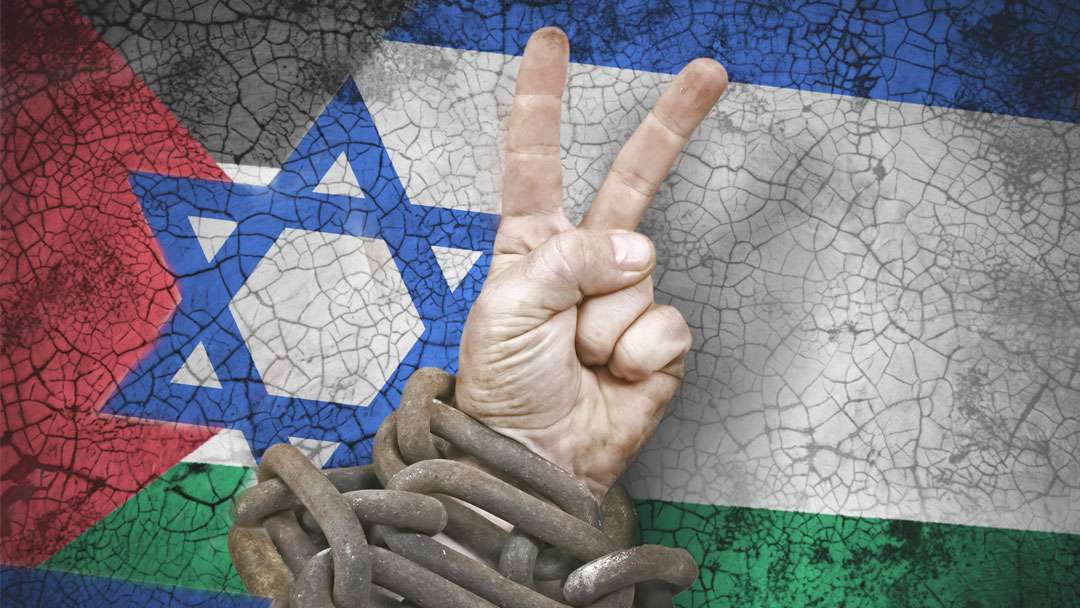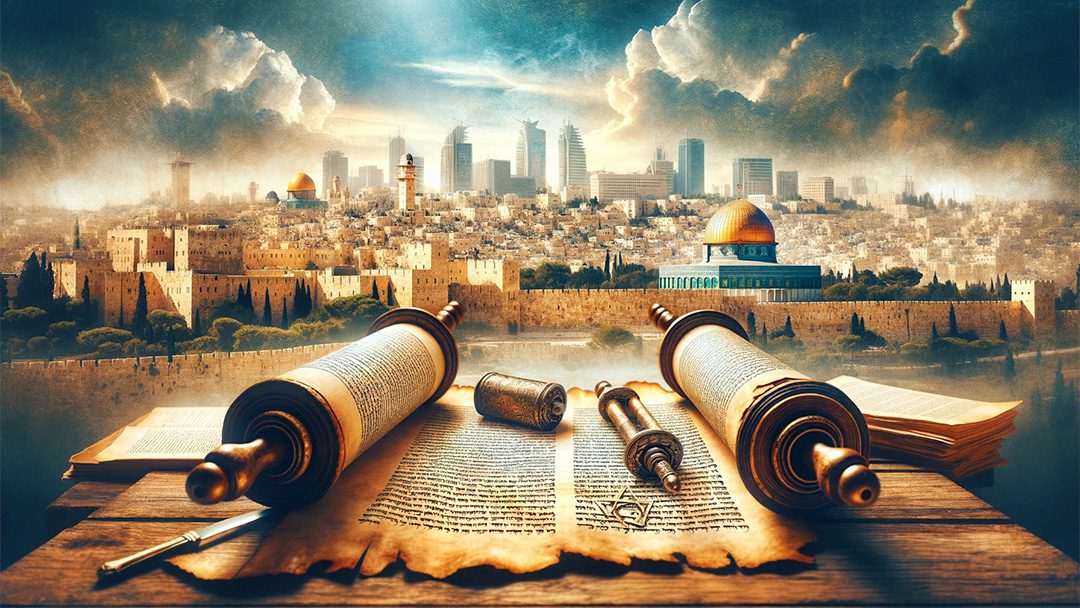In 1920 the League of Nations approved the Mandate for Palestine. The idea was to enable the Jewish people to re-establish their homeland “in Palestine”. The territory of Palestine was one area, comprising what is today Israel, the West Bank and Jordan.
The idea of dividing Palestine into two states—one Jewish, the other Arab—is not new. Time and again over the last century, as conflict and violence between Jews and Arabs has erupted, the international community has proposed division of the land into two independent states.
The first manifestation of this principle was the creation of Transjordan in 1921: a Jew-free state for the Arab Palestinians.
Division of the remaining Mandate territory (west of the Jordan River) was discussed intensively already in the period of the Mandate for Palestine, as the British sought to reconcile competing Jewish and Arab Palestinian interests. Partition was the model proposed and adopted by the UN General Assembly in the UN Partition Plan in 1947, which was reluctantly acepted by the Jewish leadership, but rejected by the Arabs.
After its creation in 1948, the young State of Israel faced three wars of aggression launched by various alliances of its Arab neighbors, each intended to destroy the new Jewish State (the 1948/9 War of Independence, the 1967 Six Day War, and the 1973 Yom Kippur War).
In the mid-1970s, the idea of two states was again revived by the international community.
In the meantime, Israel proceeded to negotiate and ultimately reach peace treaties with two of the Arab aggressor states: Egypt (1979) and Jordan (1994). The others, including Israel’s two other immediate neighbors (Lebanon and Syria), do not even recognize Israel’s existence, and remain in a state of hostile belligerency.
In 1991 the US-Soviet sponsored Madrid conference called for Israeli-Arab peace based on the territory-for-peace principle. Within the next few years, Israel and the PLO entered into a series of agreements intended to lead to Palestinian autonomy and a permanent agreed resolution of the conflict. These “Oslo” agreements established the Palestinian Authority and other institutions. The West Bank was divided into Areas A, B and C, and Israel withdrew in part. Key issues such as “borders” and “security” were left for further negotiation.
Since 1980, the European Unio has been pushing hard for a “two-state” solution to this conflict. According to the EU, the creation of a Palestinian state within the “1967 lines” is the only way to solve this conflict, and thus to bring peace to the Middle East.
While in the 1980s-1990s there was wide support for the idea of establishing an independent Palestinian state adjacent to Israel, public opinion has shifted significantly over the decades. The failure of the Camp David negotiations in 2000 followed by the Second Intifada was a watershed.
Treating Palestine as a State… would frustrate the Oslo Agreements and infringe Israel’s rights under them.
Today there is very little support – either in Israel or within Palestinian society – for a two-state solution. Recognizing that a full-fledged Palestinian state is unrealistic and perhaps even undesirable, commentators and actors across the political spectrum, both in Israel and Palestinian society, are discussing alternative solutions to the conflict. These include the creation of one “unitary” state between the Mediterranean and the Jordan River, to replace the current State of Israel and administered territories. Such a state could be either bi-national, “Jewish”, “Palestinian”, or nationless. Other alternatives that are discussed include a federation, a confederation, and a Jewish state containing a territory on which Palestinians would have a limited autonomy.
The current Two-State Policy advanced by the European Union and others is based on three main assumptions:
a) That the PLO would agree to the establishment of a Palestinian State within the 1967 lines as a final resolution of the conflict;
b) That the Palestinian people, represented by the PLO, are entitled under international law to the establishment of an independent state, and Israel is obliged to enable the creation of such a state; and
c) That the legal and political culture of Arab Palestinian society in particular, and the region in general, supports the establishment of a peaceful state in Palestine based on the rule of law.
In our view each of these assumptions is currently questionable:
First, the core issue of the conflict is not Palestiian statehood, but the right of the Jewish people to nationhood and statehood in the land. The Israel-Palestinian conflict today is essentially the same as the conflict that began when the foundations for a Jewish State were laid in the Mandate for Palestine, implementing the Balfour Declaration. The core issue in dispute is: does the Jewish State of Israel have a right to exist as a Jewish State? The PLO has always denied the right of the Jewish people to exist, and there is no sign that this will change.
Second, international law does not mandate the establishment of a full-fledged Palestinian state in the “1967 lines”. The Palestinians have a right to self-determination, but this is not an automatic right to statehood. Moreover, the 1949 Armistice Lines have never been accepted as borders of the State of Israel. The only way for Palestinian self-determination to be fulfilled is through negotiation with the State of Israel.
Third, an examination of the dynamics, powers and legal and political culture in the Middle East, as well as the Palestinian society, suggests that there are significant cultural and structural impediments to the creation and stable development of Western-style states in the region. These impediments are insufficiently acknowledged or addressed by the EU’s policies and programs supporting Palestinian statehood. The result is that, while some Palestinian institutions of government have been established, these are little more than an empty shell.












0 Comments